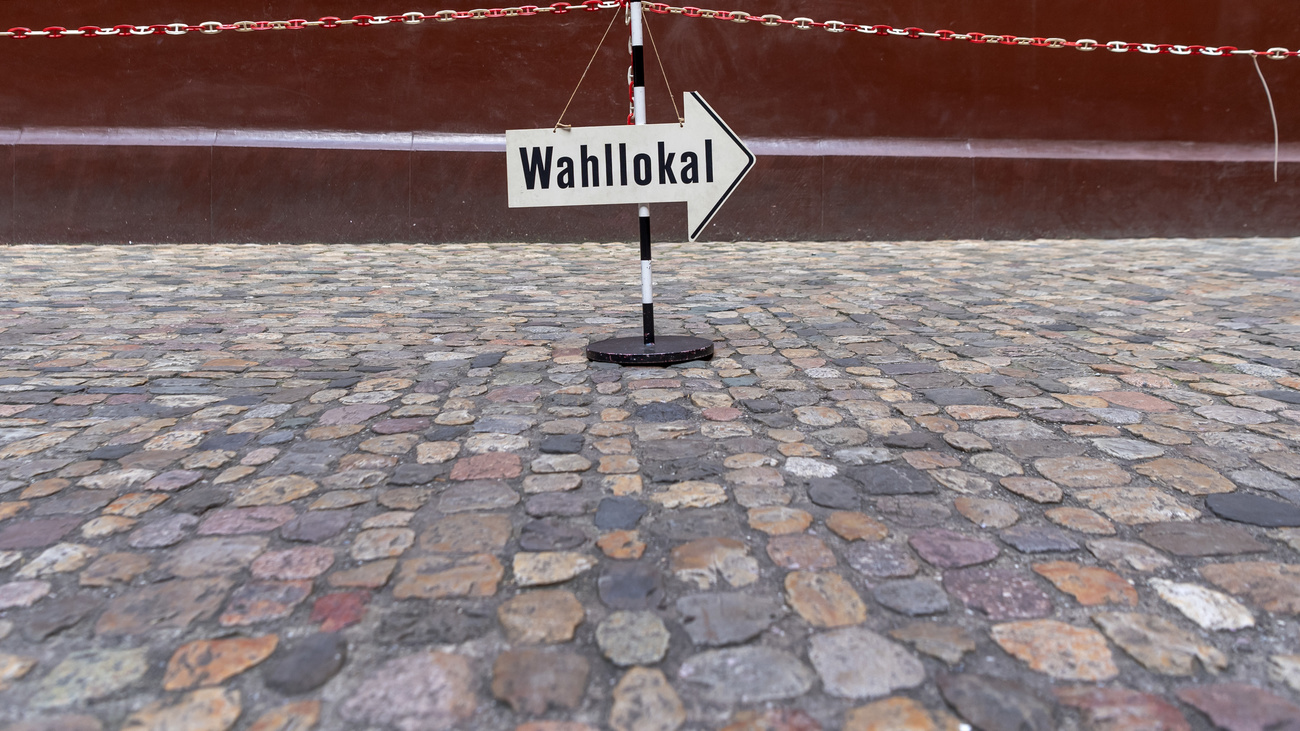
Zurich parliament rejects local voting rights for non-Swiss residents

Foreigners living in Switzerland’s most populous canton will continue to be unable to vote or be elected at the municipal level following a vote by Zurich’s parliament.
On Monday Zurich parliament narrowly turned down – 84 against, 82 for, and two abstentions – a proposal by city officials to grant local voting rights to non-Swiss passport holders in Zurich.
The initiative, pushed by left-of-centre parties, would have allowed municipalities to decide themselves whether to introduce voting rights for foreigners at the communal level.
+ Voting rights: ‘The foreign community is too big to be ignored’
Supporters of the initiative had pointed to positive voting experiences in other cantons.
Eight of the 26 cantons (Vaud, Geneva, Neuchâtel, Jura, Fribourg, Appenzell Outer Rhodes, Graubünden and Basel City) and some 600 municipalities, notably in French-speaking western Switzerland, offer voting rights to non-Swiss passport holders, who represent a quarter of the total population of 8.7 million.
But opponents in Zurich argued that foreigners should obtain the right to vote and stand for election at all levels via the naturalisation process, as is currently the case.
+ Zurich mayor wants to offer voting rights to non-Swiss
In 2019, Zurich’s mayor, Corine Mauch, announced plans to launch an initiative to give foreigners living in Zurich the right to take part in local votes and elections.
“Almost a third of the city’s population has no voting rights, and among 30-39-year-olds – the largest age group – it’s around a half,” she said. “In a very active phase of their life, these people have no decision-making power.”
In 2013, a similar initiative to give the vote to non-Swiss in canton Zurich – in this case, those resident for ten years – was rejected by three-quarters of voters.

In compliance with the JTI standards
More: SWI swissinfo.ch certified by the Journalism Trust Initiative




























You can find an overview of ongoing debates with our journalists here . Please join us!
If you want to start a conversation about a topic raised in this article or want to report factual errors, email us at english@swissinfo.ch.